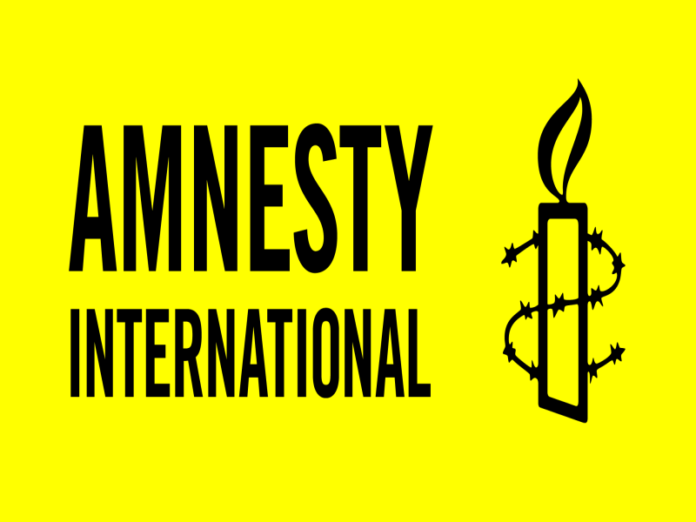A report released on Thursday by Amnesty International has revealed that people with disabilities in Turkey’s earthquake zone are being neglected by the authorities and humanitarian actors.
The report, titled “We all need dignity: The exclusion of persons with disabilities in Türkiye’s earthquake response,” revealed that people with disabilities who were living in displacement camps since massive earthquakes struck in early February are being overlooked in the humanitarian response to the disaster.
“The immense hardship faced by so many in the aftermath of the earthquakes has been compounded for people with disabilities, who have been neglected in the humanitarian response,” said Matthew Wells, deputy director of research in Amnesty International’s Crisis Response Programme. “A ‘one size fits all’ approach to emergency shelter arrangements excludes specific requirements for people with disabilities to live with dignity, and renders many of them unable to access relief on an equal basis.”
Disabled people have been living in inadequate shelters without access to proper healthcare, and their special needs have not been addressed. Carrying out research in major cities affected by the earthquake such as Gaziantep, Adıyaman, Hatay and Kahramanmaraş, Amnesty International found that people with limited or no mobility did not have access to communal sanitation facilities. These people became dependent on caregivers or items such as adult diapers.
As a result of the earthquakes many hospitals were damaged or demolished, and former patients with chronic or severe illnesses now find it difficult to continue their treatment. Medical treatment of victims suffering from illnesses such as cancer have not been followed up.
Moreover, the report emphasized the urgent need for mental healthcare support to earthquake victims and especially those who suffered from mental health problems before the disaster. For the latter group, the continuation of their treatment and medicine in displacement camps was of utmost importance.
Some earthquake victims reported that their children were exhibiting signs of stress disorder and needed professional counselling.
“There are clearly fundamental failings in supporting people with disabilities in the aftermath of the earthquakes. The effects of this humanitarian disaster will be felt for generations. It is crucial that people with disabilities have equal access to facilities and services,” said Nils Muižnieks, director of Amnesty International’s Europe Regional Office. “International donors must do more to support the humanitarian response in Türkiye during this unprecedented crisis, and scale up technical and financial assistance, including to immediately meet the needs of people with disabilities.”
More than 50,000 people were killed and over 100,000 were injured – many of whom lost limbs and sustained other life-changing injuries –- during the powerful earthquakes that struck Turkey in February. An estimated 3.3 million people have been displaced, with approximately 2.3 million currently sheltering in tent camps and container settlements. As many as 70 percent of injured earthquake survivors are expected to have a disability, according to a joint Turkish government – UN assessment.
Amnesty International said although it recognizes the scale and gravity of the earthquakes, the rights of people with disabilities should be fully respected.















